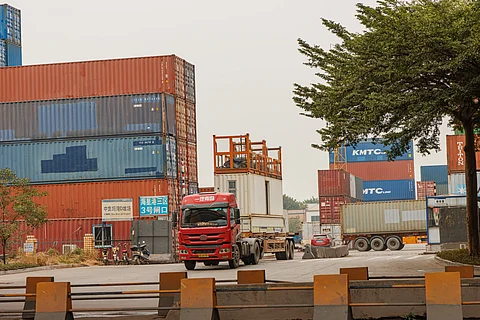

China has granted rare earth export licenses to the top three U.S. automakers as trade talks between Washington and Beijing are scheduled to resume next week.
According to a Reuters report, General Motors, Ford, and Jeep-maker Stellantis were issued licenses on Monday to import rare earth minerals from China. Some of the licenses are said to be valid for at least six months.
The move marks a potential de-escalation in the ongoing trade standoff over critical minerals. In April, Beijing imposed sweeping export controls on rare earth materials—including neodymium magnets used in electric and internal combustion vehicle motors, advanced electronics, and U.S. defense systems. Since then, China had been issuing export permits slowly, requiring individual licenses for each shipment and adding new compliance layers this week, such as tracking systems and expanded data collection on foreign buyers.
The United States currently sources about two-thirds of its rare earth magnets from China, while China refines approximately 90% of the global supply. This dominance gives Beijing significant leverage over international supply chains—particularly those tied to high-tech and defense industries.
Mounting concern over the bottleneck prompted several global automakers this week to warn of potential production halts. Some companies even indicated they may relocate production facilities to China to avoid disruption. In May, Ford temporarily shut down production of its Explorer SUV at its Chicago plant for a week due to the shortage.
The issuance of export licenses followed a Thursday phone call between U.S. President Donald Trump and Chinese President Xi Jinping. On Friday, Trump announced that formal U.S.-China trade negotiations would resume Monday, June 9, following weeks of stalled talks.
The trade dialogue had previously broken down after both sides accused each other of violating a deal struck in Geneva on May 12, which included a temporary 90-day suspension of new tariffs.